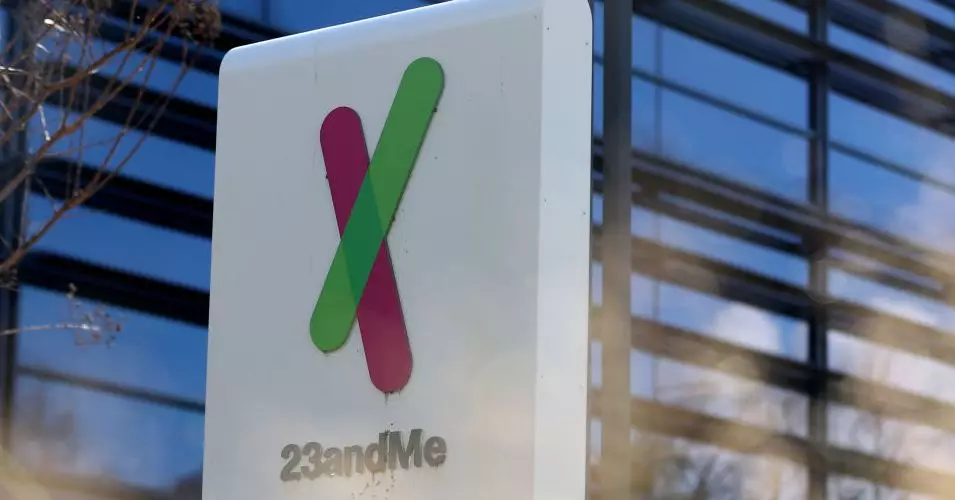The recent announcement of 23andMe’s Chapter 11 bankruptcy has sent shockwaves through the world of genetic testing and consumer data privacy. Once celebrated as a revolutionary platform for personal genomics, the company now teeters on the brink of obscurity. The implications of this development are not merely corporate failures; they underline a significant ethical dilemma tied to the privacy of personal genetic data. As they prepare to sell their assets, numerous questions arise regarding the future of the genetic information they amassed and the potential ramifications for consumers.
The Personal Touch of Genetic Data
23andMe was not just a tech company; it was a repository of deeply personal information that many consumers willingly entrusted it with. This data is not just numbers and probabilities but represents identities, familial connections, and in some instances, health risks. With the company’s financial turmoil, the risk of this sensitive data being handled by an unknown entity raises undeniable concerns. Privacy advocates have long warned against the possibly existential risks associated with sharing genetic information, as these data can lead to significant vulnerabilities if mishandled.
It’s crucial to recognize that with innovation comes responsibility. Consumers who provided their genetic data expected a level of security and stewardship that is now in jeopardy. The departure of CEO Anne Wojcicki signals a crisis of leadership and vision. In light of this, the company’s future under new ownership could radically reshape how this genetic data is treated.
Legal Protections in Jeopardy
California Attorney General Rob Bonta’s reminder of residents’ rights to data deletion serves as a stark reminder of the patchwork nature of legal protections in the United States. While Californians can assert their rights with a semblance of legal backup, most individuals across the nation lack similar safeguards. The absence of a cohesive national health privacy law is alarming, particularly when it comes to handling sensitive genetic data.
Andrea Downing, a notable figure in the field of digital rights, asserts that the inability to regulate these emergent technologies will only exacerbate consumer vulnerability. For many individuals, especially those outside of states like California or Washington, there is little recourse for ensuring that their information remains private or permanently deleted. The looming question remains: who will safeguard these genetic legacies when corporations become less accountable, especially in times of financial distress?
The Unsettling Realities of Data Transfers
Transitioning ownership of a data-rich company like 23andMe carries a host of implications. As John Verdi of the Future of Privacy Forum insists, while the new owners of 23andMe may have to adhere to existing privacy policies for data that has already been collected, the transformative nature of such a transition creates a potential minefield of ethical and privacy concerns. Customers remain largely at the mercy of the current legal framework, which fails to afford them adequate protections.
Kenn White, a seasoned security researcher, goes further in casting doubt on the efficacy of privacy policies, especially with acquisitions in the venture capital domain. His views typify a growing sentiment: consumers are utterly unprotected and may find that privacy commitments dissolve in the wake of restructuring. The challenge for individuals becomes more pressing as they realize that they are responsible for their genetic information—a notion that many had previously considered a shared responsibility with service providers.
Taking Action: A Call for Consumer Vigilance
Consumers must proactively safeguard their genetic data before it is swept into the murky waters of corporate acquisition. 23andMe provides a method to delete data, but one must question if it is sufficient to mitigate risks. The company’s users should not only consider deleting their genetic information but also be proactive in conserving anything they wish to keep. The process to download and delete personal data, while straightforward, is not enough to address consumers’ concerns about potential future misuse.
As the saga of 23andMe unfolds, it stands as a cautionary tale for anyone who trusts their personal information to tech-centric organizations. The stakes are high, and as public sentiment shifts toward skepticism about data sharing, vigilance and awareness must take precedence. The future of personal genetic data hangs in the balance, and individuals must step forward to seize control over their genetic legacies.

